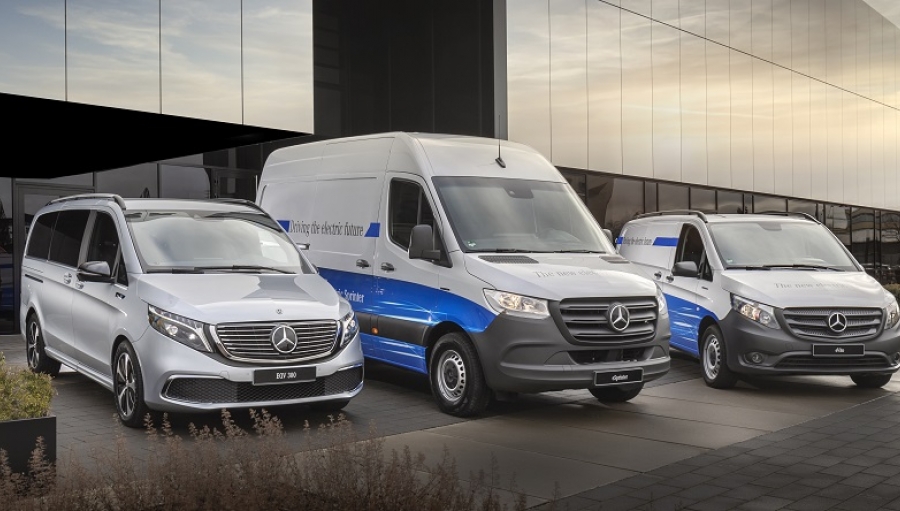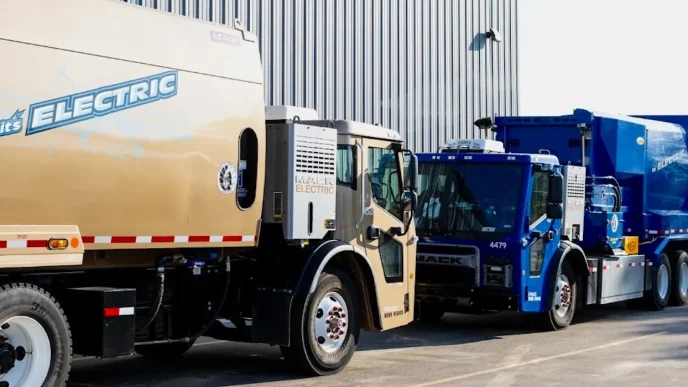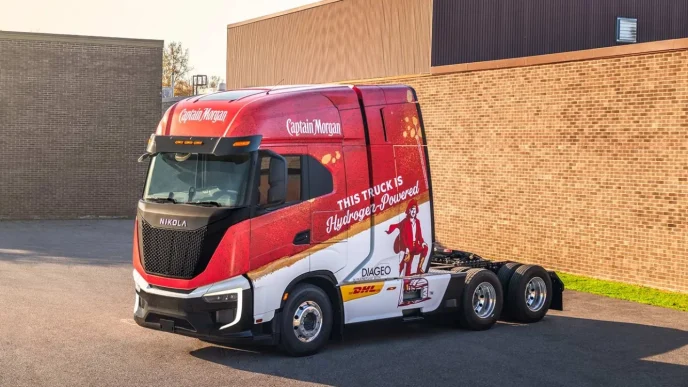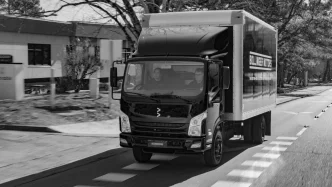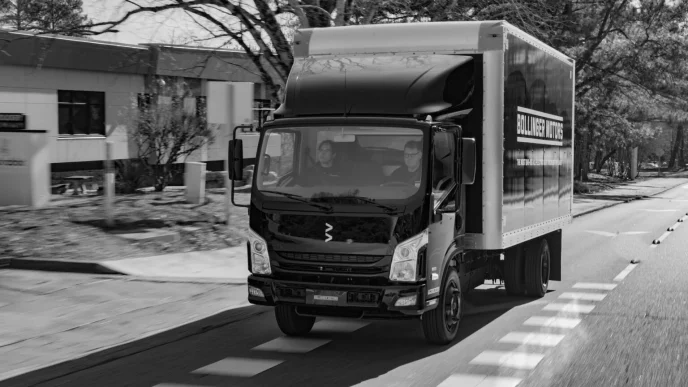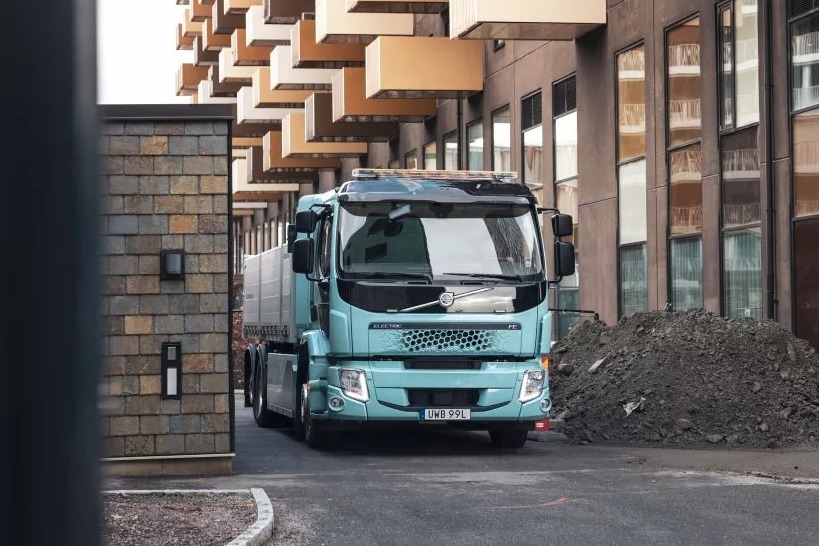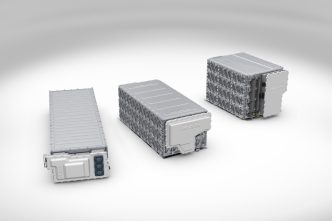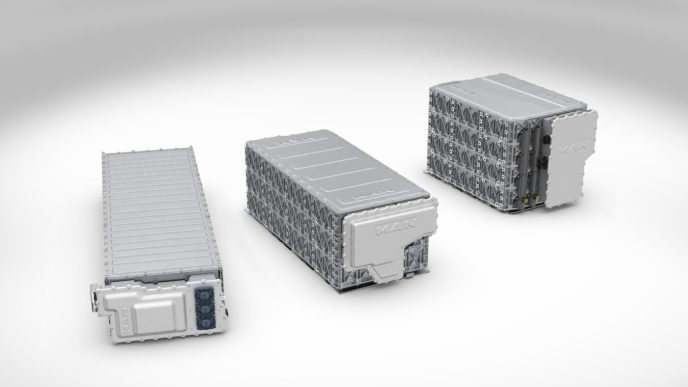Despite an expanding range of electric light commercial vehicle models on offer, diesel engines remain the dominant choice among EU buyers. According to the European Automobile Manufacturers’ Association (ACEA), electric van registrations in the European Union dropped in the first nine months of 2024.
Out of 1,170,310 vans newly registered in the EU—an 8.5% year-over-year increase—diesel maintained a significant 85% market share.
Even with the EU market growth, electric vans (ECVs) have lost traction, as ACEA reports a decline in their market share from 7.1% to 5.7% within the EU, and from 7.4% to 6.0% when considering the EU, EFTA states, and the United Kingdom combined. “The overall transport market has grown, but market shares for electrified drives, including hybrids and fully electric vans, have seen a downturn,” according to ACEA.
France leads the electric van market in Europe, with a 9.3% increase to 20,163 units. However, Germany saw a substantial 38.7% decline, reaching only 10,636 units, while the UK recorded a less severe drop of 8.9%, falling to 14,392 units.
In contrast, countries like Denmark and Sweden have experienced significant growth in electric van sales, with Denmark seeing a 33.7% increase to 2,748 units and Sweden reporting a 14.8% rise to 6,532 units.
ACEA data shows varied trends across countries. Italy’s electric van market saw a steep drop of 53.4%, and Spain experienced a decline of 26.5%, contrasting sharply with positive developments in smaller markets like Hungary, where registrations nearly doubled.
However, the report does not provide detailed breakdowns for fuel cell vans, categorizing them along with LPG, CNG, and ethanol-fueled vans under “other.”
Source: acea.auto

